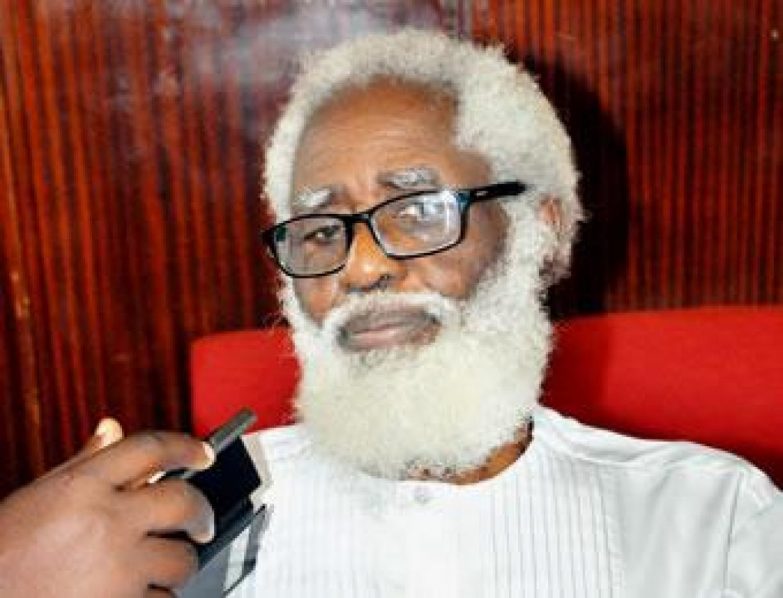
A former Nigerian Ambassador to the Philippines, Dr Yemi Farounbi, yesterday, called on President Bola Tinubu to stop what he called a palliative-based economy.
Farounbi, in a statement made available to The Guardian in Ibadan, charged Tinubu to focus on an economic model that is more sustainable, equitable, and fulfilling.
The former envoy lamented that the country started a tradition of handouts called palliatives, adding that as a result of the withdrawal of fuel subsidy, poverty had escalated and hunger started ravaging the land.
He said that a former Indian Prime Minister, Indira Gandhi, laid the foundation of self-sufficiency in food production instead of relying on handouts. Farounbi said: “In 1973, India, then with a population of 580 million people, was faced with a famine occasioned by an unexpected long drought. Indira Gandhi was Prime Minister. Indira was busy begging for food through soft loans or outright donations. Gandhi, however, promised that India would never beg for food again.
“Indira Gandhi laid the foundation of self-sufficiency in food production. Other governments have built on the foundation she laid. And since then, India has neither suffered nor begged for bread. But what do we have in Nigeria? We are in a situation where 132 million people are multi-dimensionally poor, food inflation went as high as 43 per cent, general inflation as high as 34 per cent and bank interest rates as high as 28 per cent. There’s hunger in the land.”
Farounbi said that Nigerians became so pauperised that they began to accept that the only survival route was through palliative.






